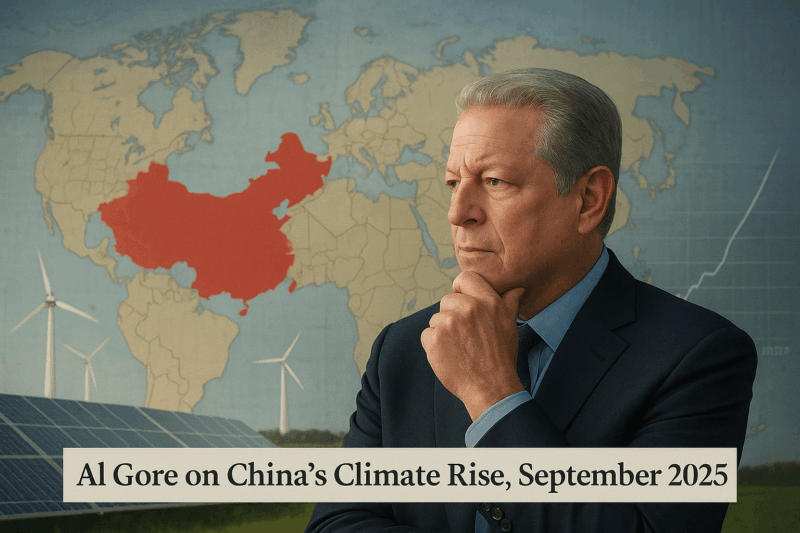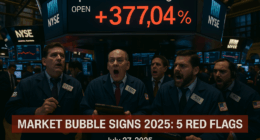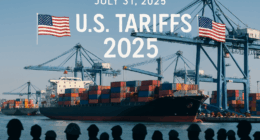A lost election is a haunting ghost that never really disappears. For Al Gore, this ghost is 25 years old. But when he speaks now, it is not past that haunts him; instead, it’s the future that he did not see coming.
Former Vice President Al Gore and Lila Preston of Generation Investment Management said in a morning chat this Monday on their ninth-annual climate report. And the document outlines a world hanging on its head in which it is no longer possible to save the planet from global race to escape from a habitable earth; instead of Prime Minister of that country, Al Gore’s dream job has been claimed by its main economic rival.
An Unforeseen Reality
“If I were to place myself back 25 years ago, there is no question in my mind that this would not have been the most likely outcome,” Gore says, remembering China’s ascension as a world leader in clean energy.
And he does so with no rancor but as a matter of fact. Now the man who used to sell America as the natural leader of a global environmentalist transition can only look on helpless, as America cedes the field. Gore doesn’t care whether the country leading the world is America or someone else, just that someone does so. The real loss, he says, is the drag on progress — the innovations that America might have enjoyed.
The Power of Measurement
Indeed, the conversation now turned to an entirely different and very alarming front: a U.S. proposal to do away with requirements for coal-fired plants to report their releases of mercury and other toxic emissions that contribute to global warming. “Which is another part of them continuing to try and push the crisis back into paper shoeboxes by flushing all the reports down their memory hole,” Gore remarks.
But he does offer one tiny ray of hope. His co-founders helped seed fund Climate TRACE, a project that now tracks 99 percent of the world’s greenhouse gas emissions from 660 million sources. The old cliché is, you can only manage what you measure,” he says. The facts, and the truth, will show up.
The Human Cost of Progress
Where morale plummeted lowest was over a data center in Memphis. In one historically Black neighborhood, which suffers from more than five times the average cancer risk across the nation’s census tracts, a company was accused of running gas turbines without permits. “It’s just so unfair,” Gore says, and he sounds like it.
He connects this local pain to a global pattern in which the political power of the fossil fuel industry frequently trumps community health and environmental justice. “They are orders of magnitude better at catching politicians than at catching pollutants,” he said.
A Cautious Optimism
But for all the setbacks, a stubborn hope illuminates their words. “Change is happening at an accelerating pace,” says Gore. For months now, he says, China has been “putting online solar the size of three nuclear plants every day.” The tide has turned on the global financial front and 65% of energy investment goes to renewables.
“This is an irreversible shift,” he said. It’s not a question of if, but how soon. He’s summoning Dornbusch’s Law, that “in economics things take longer to happen than you think they will, and then they happen faster than you thought they could.” We have reached that point, he says. The tools are here. The momentum is building. The world is catching up.






